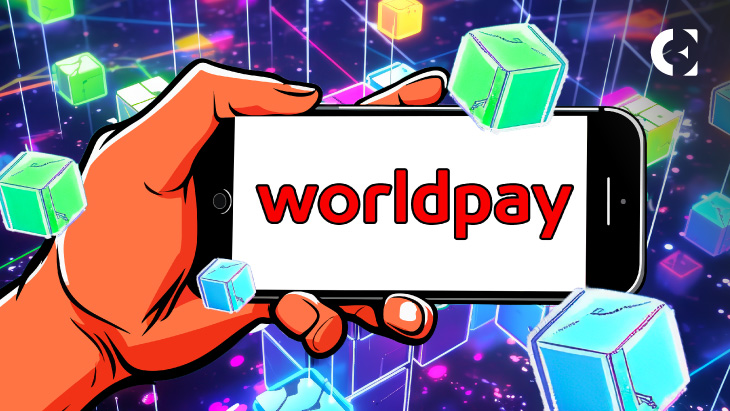- Worldpay enters blockchain validation, deepening its role in digital transaction systems.
- Processed $1.3B in stablecoin payments in 2024, signaling increased use in transactions.
- Solana integration streamlines payment settlements with USDC, enhancing financial processes.
Worldpay Inc., a global payments provider, is diving into blockchain infrastructure by working to verify blockchain transactions. This move will help the company better understand digital ledgers and how financial transactions move through these systems.
Worldpay also plans to engage directly in blockchain validation, verifying and authenticating transactions on a blockchain.
Sanchit Mall, Worldpay’s web3 and crypto lead for the Asia-Pacific region, said the firm is talking with several blockchain platforms to act as a validator. Mall added that the company wants to play a key role in the ecosystem as funds move across digital ledgers in the future.
In 2024, Worldplay processed $1.3 billion in stablecoin payments, up from less than $1 billion the previous year. While this is a small fraction of the firm’s total annual processing of $2.3 trillion in payments, it shows a growing interest in the role of stablecoins and crypto assets in payments.
Solana Integration for Streamlined Payment Settlements
On January 3, 2024, Worldpay integrated Solana’s blockchain into its payment structure to streamline its processes. The integration was designed to facilitate the settlement of transactions between major financial entities like Visa, Mastercard, and Worldpay, using USDC.
Worldpay’s recent blockchain initiatives reflect a broader trend within the financial sector to explore blockchain and stablecoin technologies.
Read also: Are Stablecoins the Future of Payments? New Study Raises Doubts
The impact of stablecoins like USDC and crypto assets like Bitcoin on the wider payments industry remains to be seen. However, Worldpay’s active role in approving blockchain transactions and using blockchain payment rails positions the firm to adapt to potential future changes.
As the payments giant continues exploring blockchain infrastructure, it remains focused on evaluating how these digital technologies can work with traditional payment systems to create secure and efficient global financial transactions.
Disclaimer: The information presented in this article is for informational and educational purposes only. The article does not constitute financial advice or advice of any kind. Coin Edition is not responsible for any losses incurred as a result of the utilization of content, products, or services mentioned. Readers are advised to exercise caution before taking any action related to the company.







